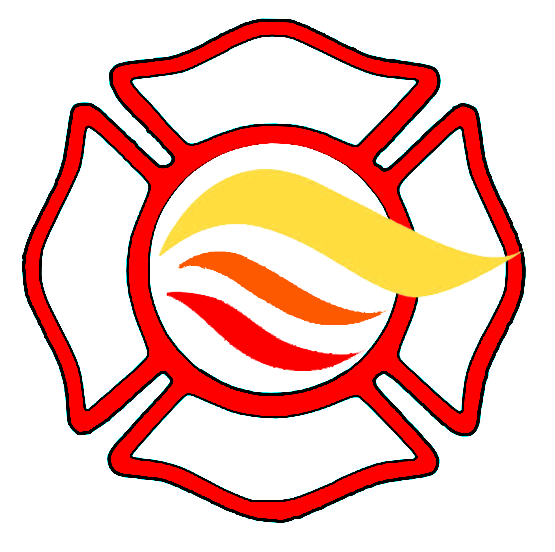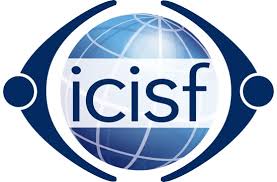About CISM Courses
Critical Incident Stress Management (CISM) is designed to help first responders deal with trauma one incident at a time, by allowing them to process the incident when it happens without judgment or criticism. The program is peer-driven and the people conducting the interventions may come from all walks of life, but most are first responders (Police, Fire, emergency medical services) or work in the mental health field.
Critical incidents are traumatic events that cause powerful emotional reactions in people who are exposed to those events. The most stressful of these are line of duty deaths, co-worker suicide, multiple event incidents, delayed intervention and multi-casualty incidents. Every profession can list their own worst-case scenarios that can be categorized as critical incidents.
Courses in CISM teach models of intervention, designed to help first responders quickly return to service.
Advanced Group
Crisis Intervention
Designed
to provide participants with the latest information on critical incident stress
management techniques and post-trauma syndromes, the Advanced Group Crisis
Intervention builds on the knowledge base which was obtained through the Group
Crisis Intervention course and/or in publications. At the conclusion of
this course, participants will have been exposed to specific, proven strategies
to intervene with those suffering the ill effects of their exposure to trauma. Emphasis
will be on advanced defusings and debriefings in complex situations. This
course is designed for EAP, human resources and public safety personnel, mental
health professionals, chaplains, emergency medical services providers,
firefighters, physicians, police officers, nurses, dispatchers, airline
personnel and disaster workers who are already trained in the critical incident
stress debriefing format. It will also be useful for those working extensively
with traumatized victims for various walks of life. This course requires
previous training and experience.
Course Highlights:
- Relevant research findings
- Managing complex group oriented crisis interventions
- Nature and importance of incident assessment
- Strategic intervention planning
- Comprehensive, integrated, systematic and multi-component CISM
- Concepts of enhanced group processes
- Significantly delayed interventions
- “Multiple incident CISD”
- Suicide of a colleague
- Small group crisis support sessions after a disaster
ICISF’s “Group Crisis Intervention” should be viewed as a prerequisite.

